This is an updated post from my blogging days on Tumblr. It was very popular and I felt it deserved a bit of a revamp for my lovely WordPress home.
The benefits of exercise are widely known (and worth their own blog). We need to get everyone moving to improve the health of the nation. As a GP I feel a real responsibility to let patients know how exercise is a powerful tool for improving their health and well being. I’m still finding the best ways to do this.
The clock’s ticking
I have 10 minutes with every patient. In that time I have to establish why the patient has come, listen, ask questions, make a diagnosis and discuss treatment. Oh and I also have to advise them when to come back and type all the details into the computer. In most cases it’s not actually possible to do it in 10 minutes, well, not properly. Trying to squeeze in some health promotion and a discussion about exercise can be a real challenge. I’d like to hear your experiences of discussing exercise with your GP. Perhaps it has never been mentioned or perhaps you were inspired to start.
Scare tactics
Brief interventions (this means a quick chat) from GPs have been proven to be very powerful. I’ve lost count of the number of times a patient has said to me “ Dr X told me I’d be dead in 5 years if I didn’t stop smoking and I haven’t touched a cigarette since”. Those quick warnings can really hit home and make a difference to some people. For them to be effective you really need to know your patient, it’s not appropriate to use a scare tactic for everyone, in fact it could be harmful, causing anxiety or offence. One size doesn’t fit all and knowing how to start the conversation effectively isn’t as easy at it sounds.
Different doctors
I’m fortunate, I work in a practice where most of the time you can get to see the same Dr for non-urgent problems. We’re proud of our continuity of care but I know that’s not the case everywhere. It can make health promotion really hard. It’s too easy to make a quick judgement about exercise and get it really wrong. Just because someone is overweight doesn’t mean they don’t do any exercise. You can be fat and fit. Take Julie Creffield the woman behind http://toofattorun.co.uk She runs marathons, she’s fit, but when she saw a locum GP and not her usual Dr with back pain he made a quick assumption. He assumed that her back pain was due to her being overweight. Julie says he told her she wasn’t fit enough to run a marathon. Thankfully Julie, being strong minded and confident, knew this wasn’t true although it did make her very angry. She’s not only continued running but gone on to enable, support and inspire other plus-size runners.
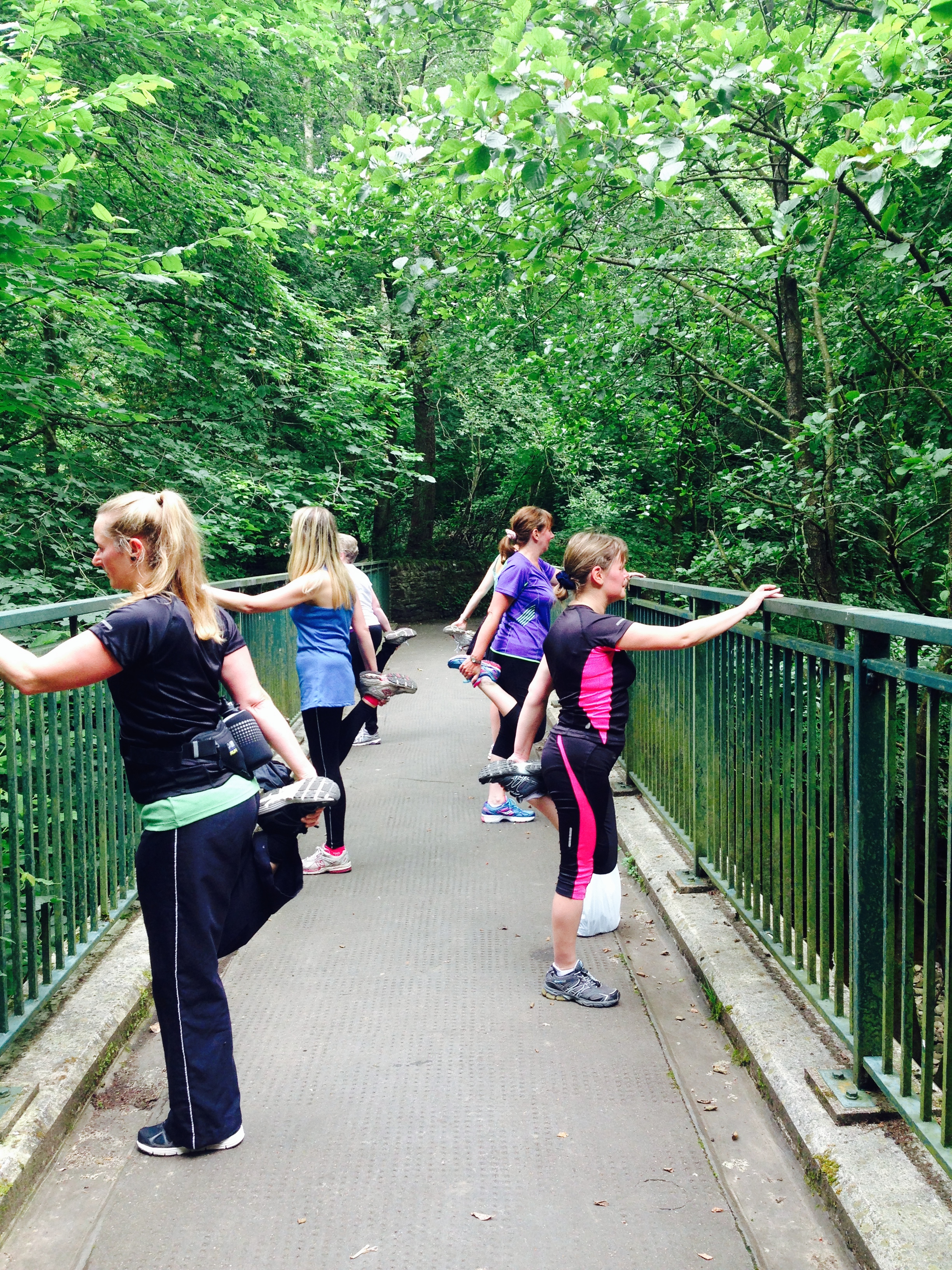
The dreaded question
I’m passionate about improving people’s health through exercise but it’s not always easy to know how to bring it up. Sometimes I feel like I’m nagging. I’ll ask people how much exercise they do and it’s similar to asking them how much alcohol they drink! Often they’ll look guiltily at the floor and mutter something about being a member of a gym….last year. If it’s a mum with a couple of toddlers in tow the responses vary hugely from raised eyebrows as if to say “What do YOU think?” to declarations of personal trainers and three Zumba classes a week. Some of my elderly patients are regular ballroom dancers and walking up mountains with their hiking groups. Some of my teenage patients don’t even walk into town and opt for the bus. You just never know what someone will say. I’ve learnt to ask and not to assume. I’m not asking so I can tell people off, just so I can congratulate them on what they do, make some suggestions and offer encouragement.
We need to do better
Exercise wasn’t prominent on the curriculum when I was at medical school, in fact I’m struggling to recall it ever being mentioned. Thankfully it is a topic that’s being addressed now and education is underway to educate our future Drs better. There’s still hundreds of Drs though who just know it’s good for them but struggle to pass that message on to their patients. Exercise health promotion is often an after thought when there’s only time for a quick “ You should do some exercise”. It’s not really helpful is it? It doesn’t really address the issues as to why people aren’t exercising. It’s not motivating or inspiring but it’s often the best we can do in the time we have.
I’d love to hear your views and experiences. How does it make you feel when you’re asked how much exercise you do? What exercise advice do you want from your GP? How do you feel about scare tactics? Is a quick comment from your GP better than no comment at all? Perhaps you think it isn’t the domain of the GP at all?
Leave your comment in the box below and let’s continue this important discussion.
Featured image supplied by Gratisography




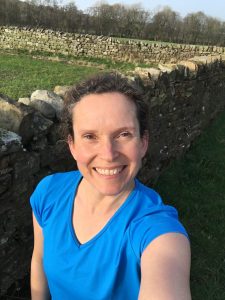

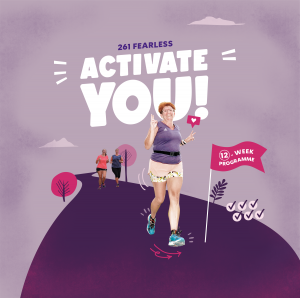
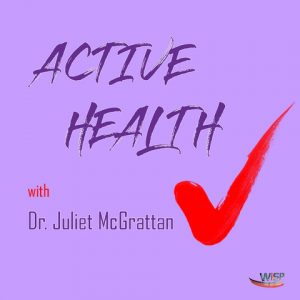
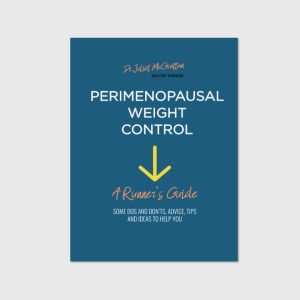
I remember reading this post. I think that GPs should talk to their patients about this subject. I have never been asked a GP about it but that’s probably as I am fit and exercises very often. I also try to encourage both my girls. It’s not an easy question, but I think GPs should talk to people more than so fa, as it could change many people’s health.
In an ideal world I’d talk to everyone at length. I think we just need to be more comfortable with raising the issue because as you say the power exercise had to improve health shouldn’t be underestimated. Thanks for reading! #FitnessTuesday
Such a hugely important topic. I have enormous admiration for GPs accomplishing all that they do it ten minutes. I think in those practices such as yours where you do have some continuity and a chance to build relationships with patients, GPs are in a great position to be able to broach health promotion in a way that is suitable to their individual patients. BUT to expect this to be done regularly within the ten minute consultation seems (as a non-GP) a little unfair and unrealistic. Again huge kudos to those that do manage it. Health promotion in general, but particularly the role of exercise, is as you say vital to the heslth of the nation. I think more emphasis is being placed upon it, and I’ll be interested to know what the future holds. Perhaps a greater role for sports and exercise physicians? Perhaps more time and resources allocated to general practice? Sorry mini essay!! Fab post!
All really important points, thanks Rachel. I was only trying to open the conversation, as you say it’s a changing world. GPs are in such a fantastic position to sow the seed but it’s what happens when the patient leaves the room that counts. That’s where the community need to take over and why it’s so fantastic that there are some really great projects going on. On-line support like your FB group help too. I think it’s a real team sport but GP is an ideal start line.
More GPs should advocate the health benefits of exercise – it is THE most under-utilised antidepressant. My sister has depression, anxiety, fibromyalgia and is overweight and all her life has been on a cocktail of pills, none of which have changed her situation. As a long term runner and lover of exercise I have tried many times over the years to extol the virtues of exercise as a method of feeling better and it has finally sank in! She is now a member of a gym and has found her happy place and is already feeling so much better about herself to the extent that she is looking positively towards the future and is taking steps towards getting herself a job and otherwise bettering herself, none of which she felt able to do before she adopted exercise as medicine. Do such things as prescriptions for sessions at local participating gyms exist? If not then they should do!
Hi Sherie! So glad to hear how well your sister is doing. This just shows the power of exercise doesn’t it?! Prescription exercise is available. Exactly what it entails varies from region to region but I’m certainly able to refer people to a physical trainer for assessment and a range of exercise types if they have a medical condition. Thanks so much for reading and commenting. I’m sure you’ve been a great role model for your sister. x
In 10 minutes it is really tricky to deal with such a potentially touchy subject. One GP I saw years ago suggested I might be on the verge of Alcoholism (he may have been right), I was so offended I never went back. People have to have something to motivate themselves I think, and the best you can do is act as a facilitator or guide. I always think of Parkrun as a good ‘starter running’ community so maybe some posters in the surgery could help? Especially if you are a Parkrunner yourself. Maybe ties to a local run club that hosts a learn to run group? You are right in that what is really important is not what occurs in the surgery so much, as how a patient acts upon the advice or surge of enthusiasm given to them, and where they can get support when they leave.
All important points Saul and shows how we can easily offend when usually we’re trying to help. Thanks for reading and commenting and for the Twitter chat too.
No problem, always a joy to read interesting things written by interesting people!
Great post Juliet.
Sadly too many of us are not even reaching 30 minutes of physical activity a week, let alone regular activity. The Chief Medical officer recommends at least 150 minutes of moderate activity and two sessions of muscle strengthening activity every week for adults and 60 minutes of activity a day for children.
There are a few great resources out there to help GP’s and other healthcare professionals understand why being active every day matters, these include:
Nine free e-learning modules on BMJ Learning which cover physical activity and a series of long term conditions from depression to cancer – http://learning.bmj.com/learning/course-intro/physical-activity.html?courseId=10051913
Another free e-learning module on motivational interviewing techniques – http://learning.bmj.com/learning/module-intro/motivational-interviewing.html?moduleId=10051582
Nottingham University has developed with an international partnership a set of undergraduate medical curriculum physical activity modules and there will be a second set aligned to nursing and allied health professional modules rolling out this autumn, all the Scottish medical schools have adopted them and we’re working to get every medical school in England on board.
Although I don’t see patients any more, when I did both in primary and secondary care, I found the most important thing was hooking into what it is that is motivating them, is it family? friends or building social networks? independence? getting to the loo in time?
For families there are a range of resources on the Change4Life website, particularly the ten minutes shake up games with Disney, there should be even more added this summer, and it’s a great way to talk about spending fun time with the kids. http://www.nhs.uk/change4life/Pages/be-more-active.aspx
Walking the kids to school is a great way of building physical activity but more importantly perhaps it’s quality time with your kids. You can talk to them about the things they see and what is on their mind, rather than a few comments thrown towards the back seat of the car while you negotiate commuter traffic. Many parents struggle to find quality time in today’s world, competing with the telly and the computer, and walking or cycling to school is one way to build it in every day, while also getting active. Also some of the research shows that active kids have more active brains, so it’s bound to keep the conversation flowing as well!
When we talk about getting everybody active every day there are hundreds of different ways to be more active. From dancing to basketball there are activities going on all over the country and like giving up smoking, most people take a while to find the right fit for them, but the important thing is they keep trying. There are some great programmes across the country, like the Big Pledge in Wiltshire, which gives people an opportunity to pledge action and then try out loads of different sports and types of physical activity across the county, to find what they enjoy. Programmes like ParkRun and Tennis Tuesdays are all making it easier to meet people and play a game or have a run, building communities and social networks while helping people reach the 150 minutes a week the Chief Medical officer recommends to maximise our health.
At a national level Public Health England are working to draw out those ‘buzz’ phrases that healthcare professionals can use to help share the benefits of being active, whether it’s the evidence base that shows that 30 minutes a day of brisk activity can reduce a woman’s risk of breast cancer by up to 20% or the research that shows that cycling can significantly reduce knee and hip pain and potentially avoid joint replacement surgery. At any age there is a reason to be active, but the main reason is that it’s a great way to have fun and be social.
For some people simply walking out of the front door is a big step forward, and building gradually from a short walk to a walking home with the shopping, or even getting back on the bike will take time and like supporting any life style change lots of positive reinforcement.
It takes the breadth of the health system to be supporting active lifestyles, not in a judgemental way but in saying that whatever size you are, whatever age, whatever your circumstances there are opportunities to be active every day. My hope is that more and more healthcare professionals ‘get it’ and get active, themselves and with their patients!
Thank you Justin. I’m tempted to copy and paste all that into a new blog 😉 All fantastic points and do great to hear so much is being done to improve activity levels especially within the medical school curriculum. I wholeheartedly agree with the need to be non judgemental and to include activity into everyday life. It should be a pleasure and not a chore. I hope too that with education there’ll be many more of us realising the power of this valuable and pleasurable tool.
Thanks so much for your comment.
I totally agree, it’s so important. Personally, I’d exercise loads more if I had the time. I’d also sleep more, both of which would make me healthier! I guess as a mum it’s definitely a case of can’t rather than won’t – I run most mornings before my husband goes to work but I really miss having time to play water polo and swim. I went to see a nurse when I moved house and changed GP practice when I was 7 1/2 months pregnant with my first. She didn’t notice that I was pregnant and didn’t mention my excessive weight. I would much rather see a doctor like you who takes an interest and asks about exercise. I personally think it’s life changing in so many ways to stay active.x
Hopefully over time all GPs will have the skills to know to broach the topic and what advice to give. There are plans afoot to improve this area of knowledge. Thanks so much for reading and commenting. Hope you manage to get back in the pool in the not too distant future. J